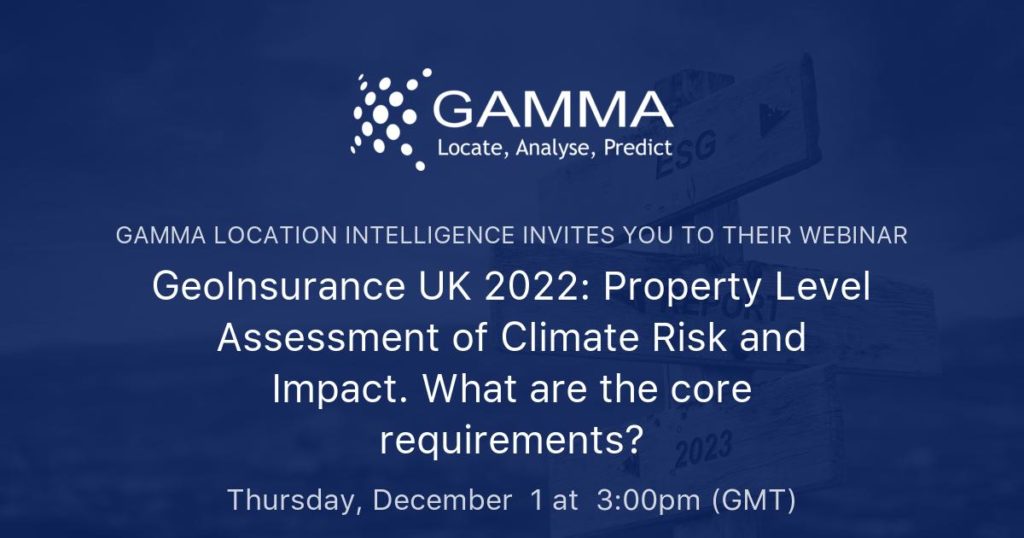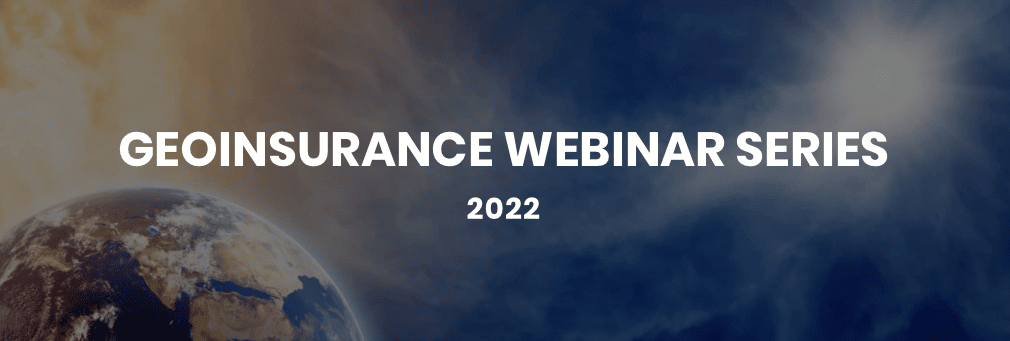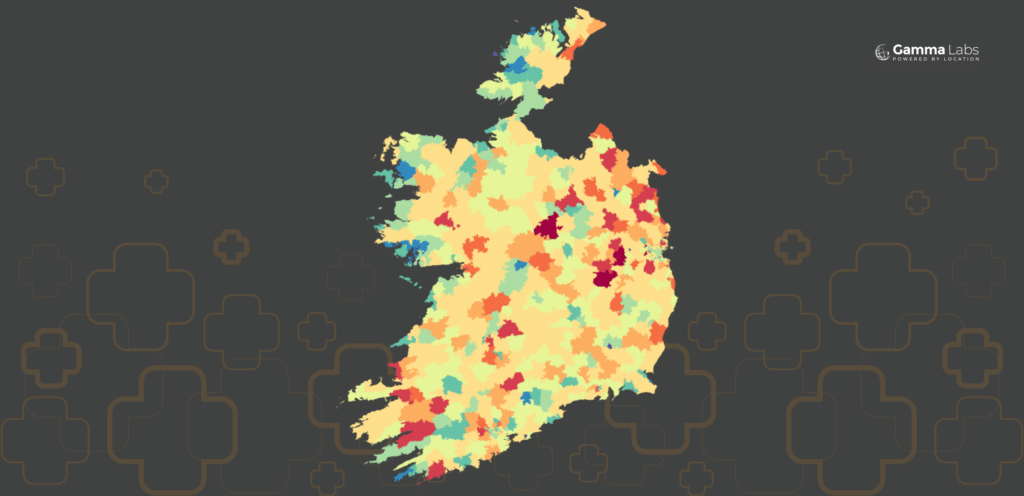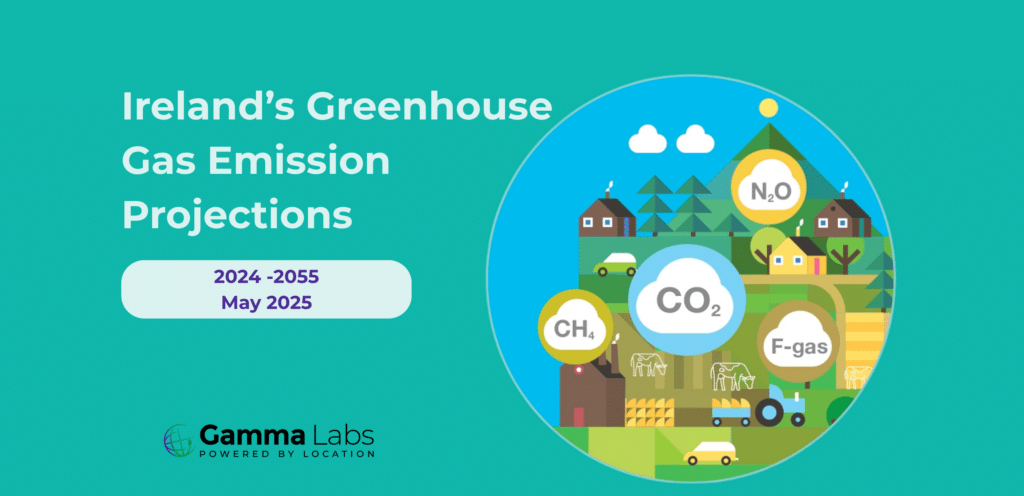WEBINAR: GeoInsurance UK 2022

Thursday, 1 December @ 3:00 p.m. GMT
GeoInsurance UK
PROPERTY LEVEL ASSESSMENT OF CLIMATE RISK AND IMPACT. WHAT ARE THE CORE REQUIREMENTS?
Gamma Location Intelligence, the leading provider of underwriter address-level risk assessment and reporting solutions, is delighted to host GeoInsurance Webinar Series 2022.
The third webinar in the series is focused on the UK and takes place on Thursday, 1st December @ 3:00 p.m. During the session, speakers will address core requirements relating to Property Level Assessment of Climate Risk and Impact.
Alongside Gamma’s Feargal O’Neill and Jason Day will be Michael Keating, CEO of the Managing General Agents Association (MGAA), a respected advocate and industry spokesperson for MGAs and smaller insurers within the UK and Ireland.
Our knowledge of climate change is evolving all the time.
Many insurers and MGAs are engaged on net zero journeys leading the way with positive policies to tackle climate change. One such requirement within ESG reporting is the measurement of risks and impacts on their property books. This webinar explores some of the challenges and practical approaches taken to track and report on risks and impacts on property class assets.
But what are the core requirements?
As an update on similar topics that we have addressed in our GeoInsurance webinar series in previous years, we will look at a number of aspects that are challenging the market and a potential means by which organisations can start their ESG reporting journey.
Covering off the current view of the market, Michael Keating, CEO of the Managing General Agents’ Association (MGAA), will provide an industry perspective on what will become an increasingly urgent need during 2023 for MGAs and insurers to provide insight on – the projected impact of climate change on their existing book of business.
By way of support, Feargal O’Neill, CEO at Gamma, will walk through the common approaches – adopted by the banking sector and embraced by big brand insurers – on assessing property risks and emissions relating to climate change.
Finally, Jason Day, Head of Location Intelligence (EMEA) at Gamma, will focus on how Gamma Location Intelligence supports organisations by guiding delegates through the climate change property risk reporting solution.
We believe the session will be informative, educational and thought-provoking.
So please join us.
Climate change is a problem that is happening now. We are all part of the solution.
You can use the below link to find out more about the series of webinars that start on 29 November 2022.
@ 2022 Gamma.ie by Jason Day
About Gamma Location Intelligence
Gamma Location Intelligence is a cloud hosted spatial solutions provider that integrates software, data and services to help our clients reduce risk through location intelligence. Established in Dublin, Ireland in 1993, and with offices in Manchester, UK and Bilbao, Spain, the company has expanded to become a global provider of innovative, cloud-hosted location intelligence solutions. Gamma Location Intelligence’s Perilfinder™ risk mapping platform provides property underwriters with access to trusted property-level risk data easily, quickly and accurately.





